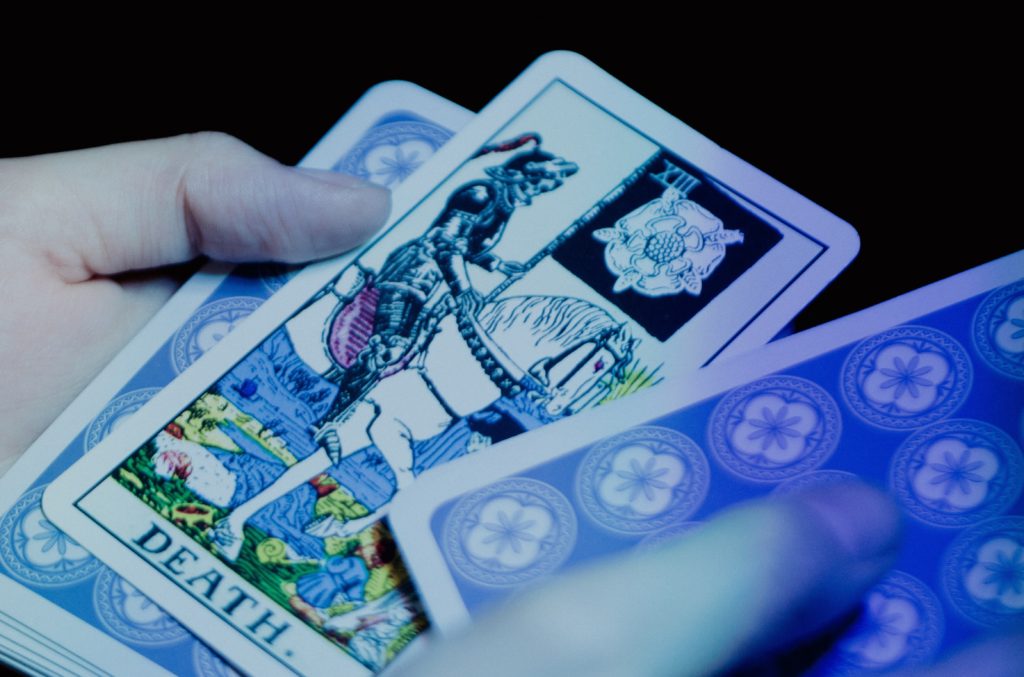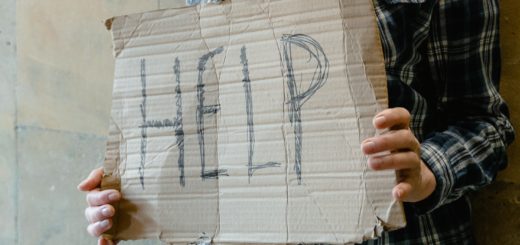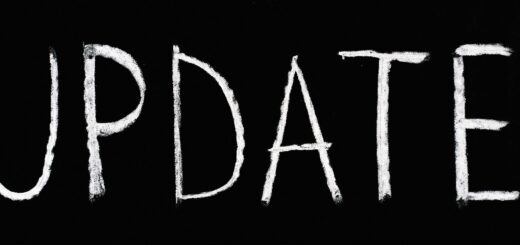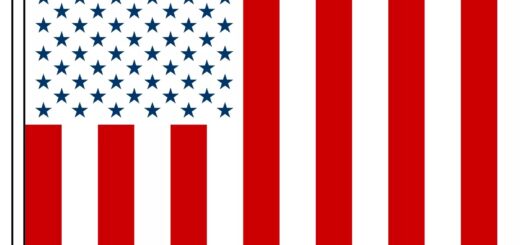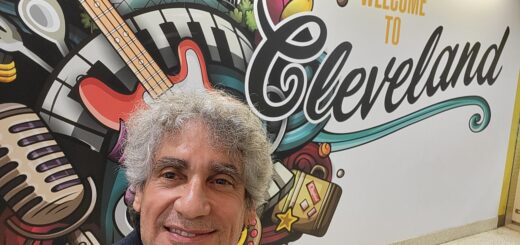The Illusion of Destiny
At one level of description, everything that happens is extremely unlikely. So many other things could have happened, but didn’t. At another level, because it happened, everything seems to have been inevitable.
I have seen several versions of a line of reasoning that goes something like this: the conditions required to foster life at all are astronomically rare. A planet needs to form around a star. The planet needs to have water and certain chemical elements, an atmosphere with a composition in a narrow range, a surface temperature in a narrow range, pH good, and on and on. If the cosmological constant were just slightly different, or if ambient radiation were too high or too low, life could not exist. For us as individual humans, the odds are even lower. Sexual reproduction needs to have evolved, our parents need to have met and mated successfully, and environmental conditions need to have been right, including avoidance of extinction events such as plagues and natural disasters, and on and on.
Because we are so unlikely, the argument goes, we are rare and precious. You are special, just like everyone else. From here, the conclusion is that we should have an attitude of gratitude. Some versions go so far as to say because we exist, there must be a God who created us. It couldn’t have just happened.
Suppose you enter into a special kind of tournament. You are one of 1,048,576 entrants. It is single elimination. Each round starts with a referee flipping a coin to determine whether you or your opponent will call the next coin flip. If you call it correctly, or your opponent calls it incorrectly, you advance to the next round. If you call it incorrectly, or your opponent calls it correctly, you are eliminated and your opponent advances. There is just one survivor after 20 rounds. That person was on the right side of twenty consecutive coin flips. If you win, do you feel like you are good at calling coin flips? Do you feel like the universe wanted you to win? The way the tournament was structured, someone had to win, even though they were equally unlikely at the start.
We humans often attribute success, either our own or that of others, to virtues such as hard work, integrity, diligence, and cleverness. We often attribute failure, especially our own, to misfortune, or to the malevolence of others. Poker players have a saying, “It’s better to be lucky than good.” But we are all liable to be fooled by randomness. We share the illusion that both success and failure are destiny determined by character. In life as in poker, virtues and skills improve our odds, but luck is involved, and we should bear that in mind.
I have had many lucky breaks in my life to this point. These are not attributable to my virtues in any way. I was born in a good time and place, with a good genetic inheritance, and a pretty good cultural one. I was cared for, educated, and opportunities were available to me that were not available to all in my life’s cohort. I avoided war and conscription. I never went to prison, never became a refugee or a victim of serious crime.
I have fallen asleep while driving on an interstate freeway, swerving into the median but avoiding collision with another vehicle and the nearby overpass trestle. I have been a passenger in a car when the driver fell asleep, swerved off the highway, and rolled the car down an embankment. In both of those incidents, I escaped injury completely, just by luck. I survived and have recovered from a serious skydiving accident.
I chose to save and invest, but my best investments were matters of luck, not my decisions. I have been beyond lucky in love, and so far, my offspring have also been lucky.
The Woman for Whom I was not Ambitious Enough
Once, when I was between marriages, I corresponded with a woman who contacted me. I did not find her picture attractive, but I appreciate any contact, and I answered politely. She recommended a book called Mutant Message from Down Under. Said she was Australian and could vouch for its accurate depiction of aboriginals. I read some scathing reviews on Amazon, that made it sound like a hoax. I politely suggested she might want to read the reviews. She was rightly proud of having built a growing business, and I gave her some honest appreciation for that. She asked me about my goals. I quoted the John Anderson song,
I have the morning sun
I have the evening breeze
I have the woman that I love lying close to me
I have a few good friends
And my bills are paid
I have the moon and stars above
Yeah, I’ve got it made
I said only one thing was missing and I was working on that. She wrote back briefly, indicating that our differing levels of drive to succeed made us a poor match. What a stroke of luck that was!
Kaiser Permanente calculates my chance of an adverse cardiac event (heart attack), using a standard formula, as 8.1 percent in the next ten years. Right or wrong as this may be, I know that all of the factors going into it were worse ten years ago, except for my age being ten years older now, and my sex still being male. So I think my odds ten years ago were worse than they are now. This is not just theoretical. I know people my age who have had heart attacks in the last ten years. So I have survived the last ten years despite having a greater than 8 percent chance of a heart attack. I was very lucky, because I happened to be a position to benefit from someone else’s experience. I was very lucky that he lived. My only contribution was to be open to the information that he discovered and presented. That was one of the luckiest things ever to happen to me.
So far, so good. More luck than destiny or good decisions. I’ve got it made.
